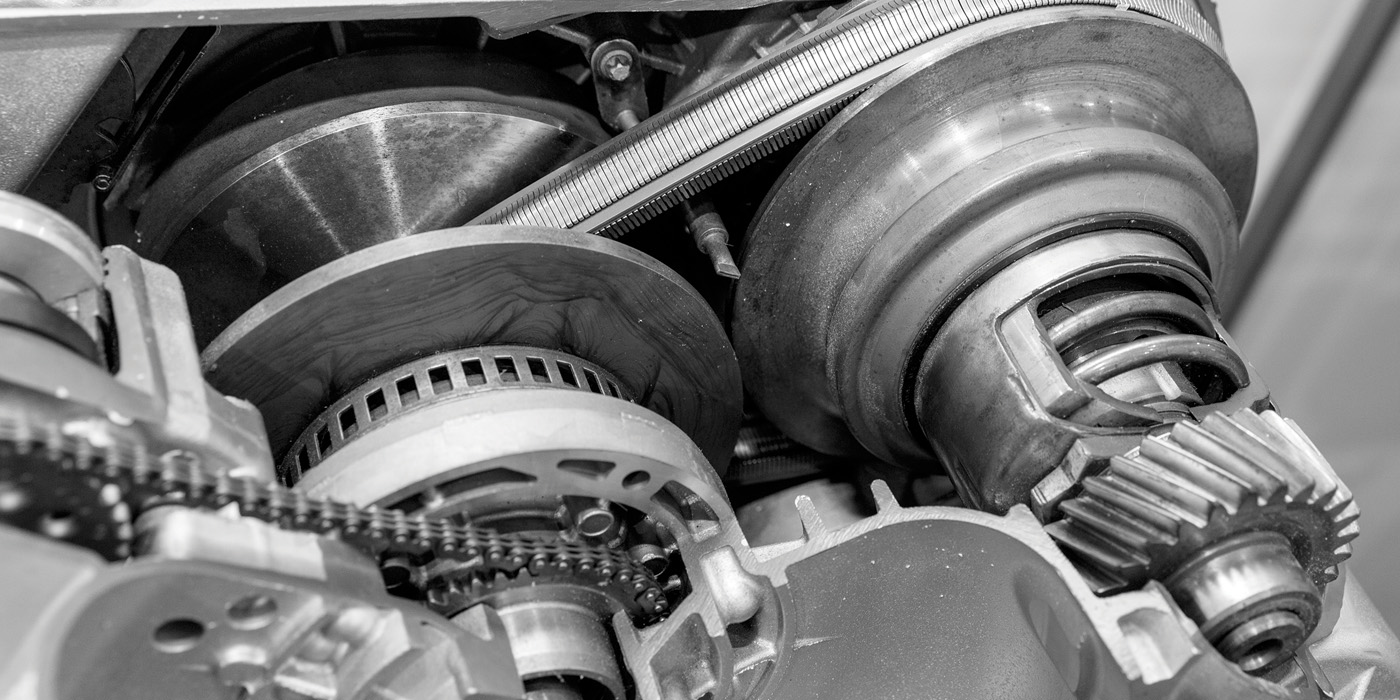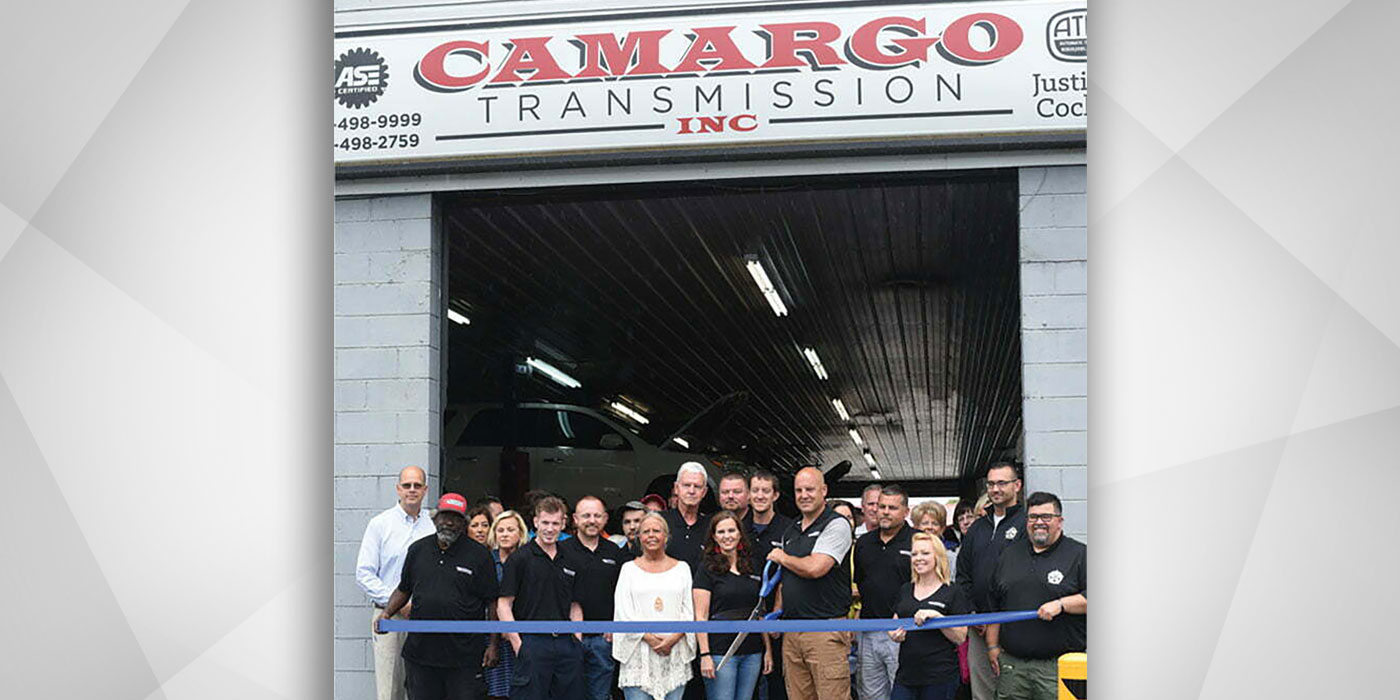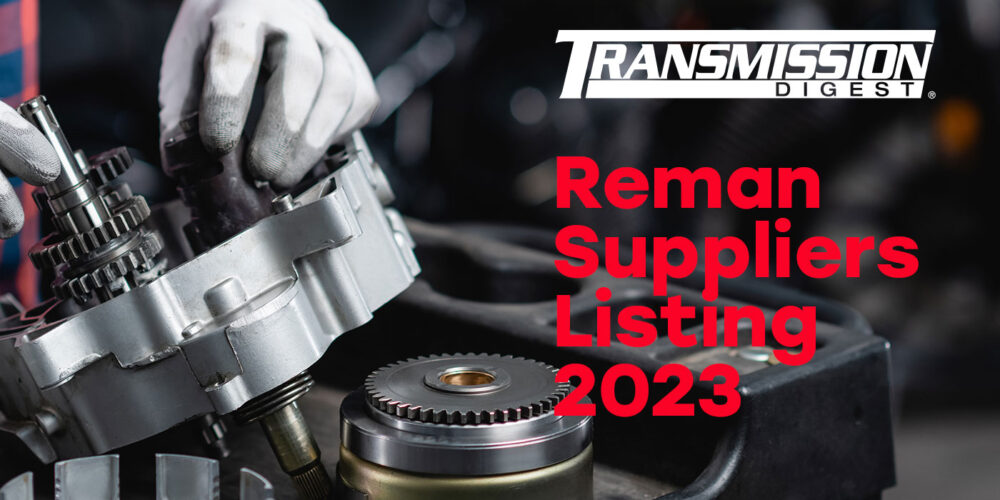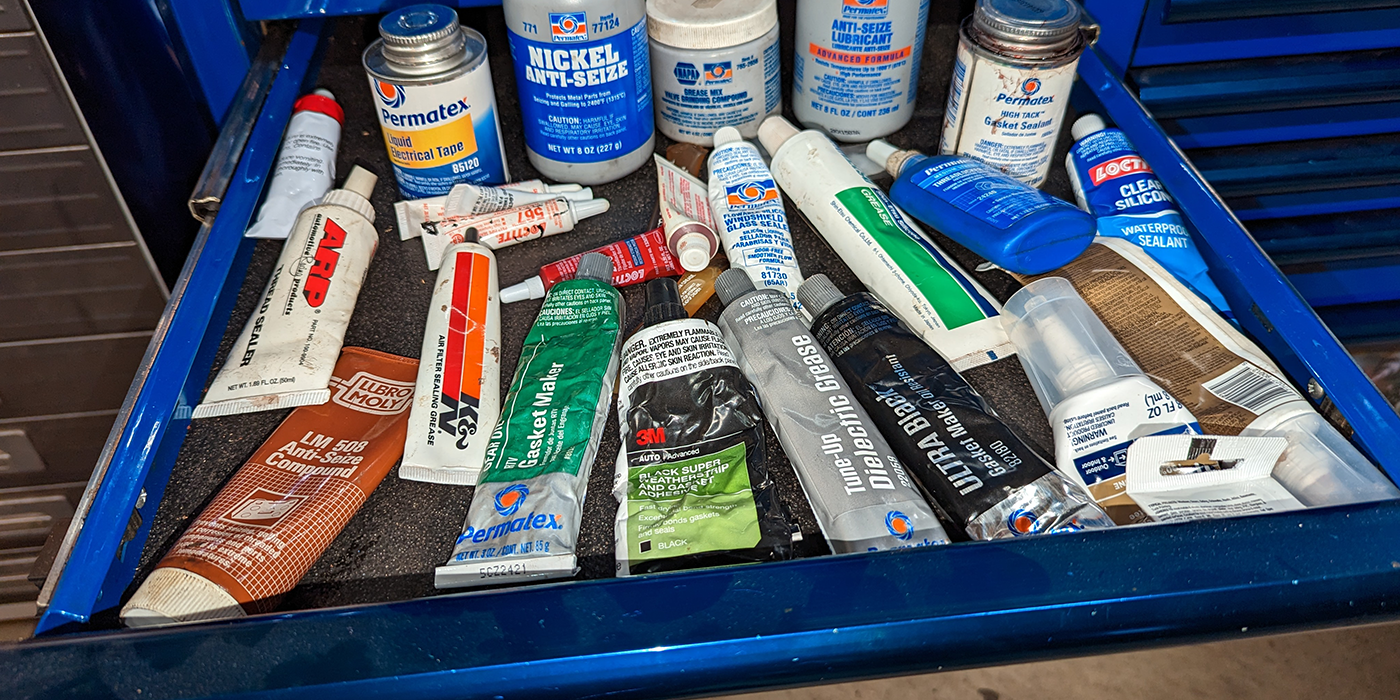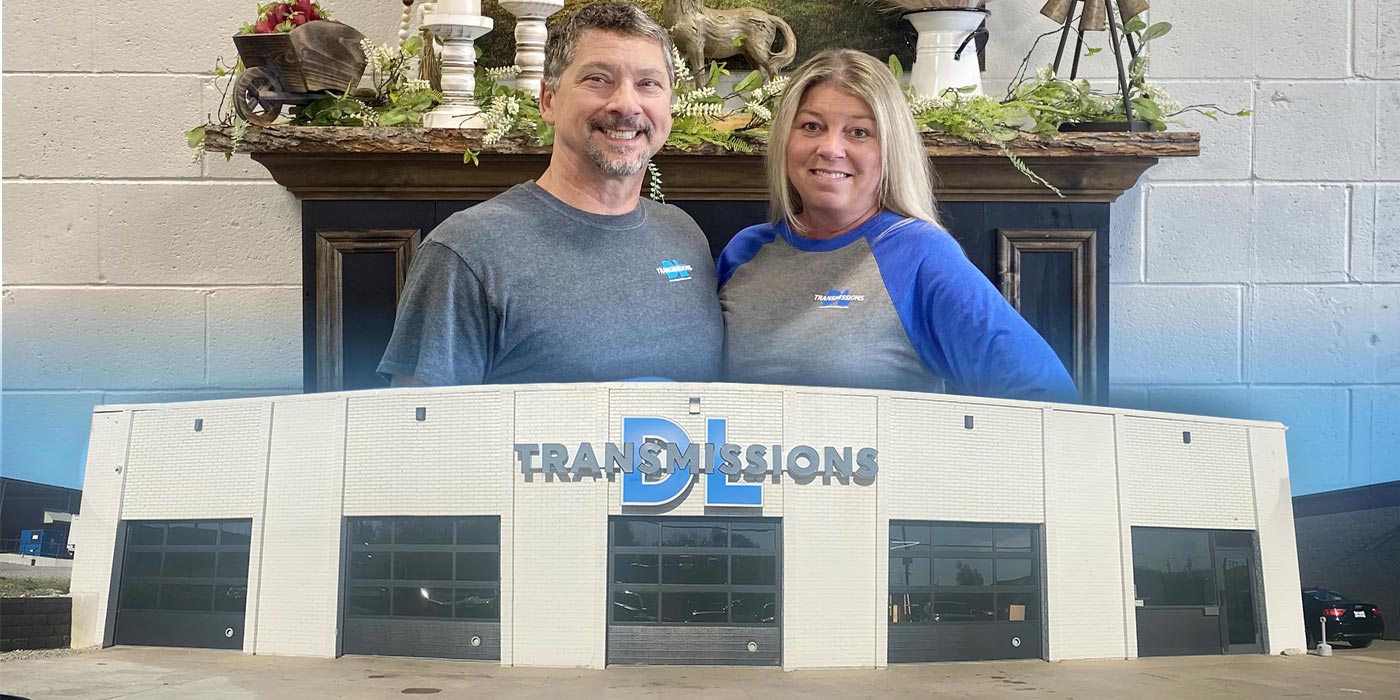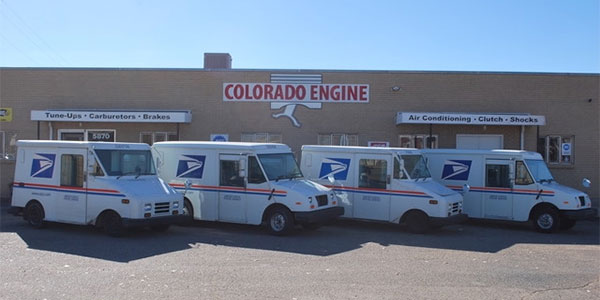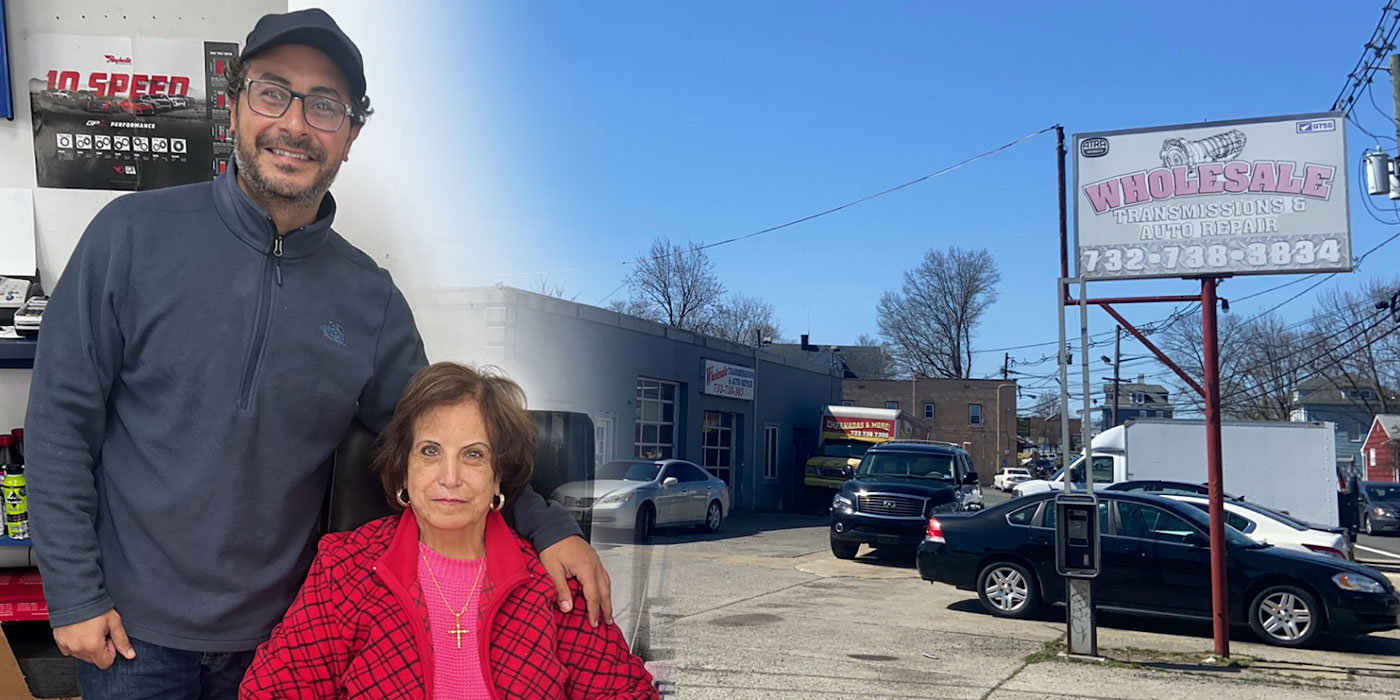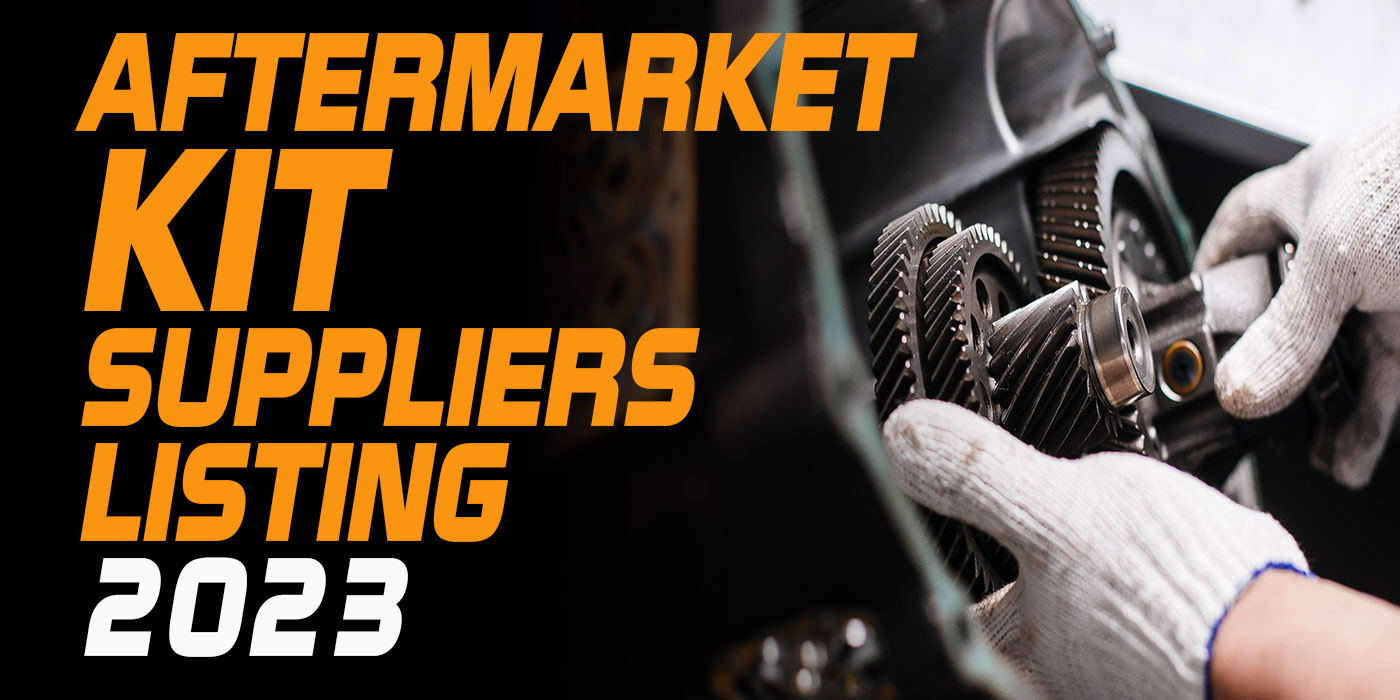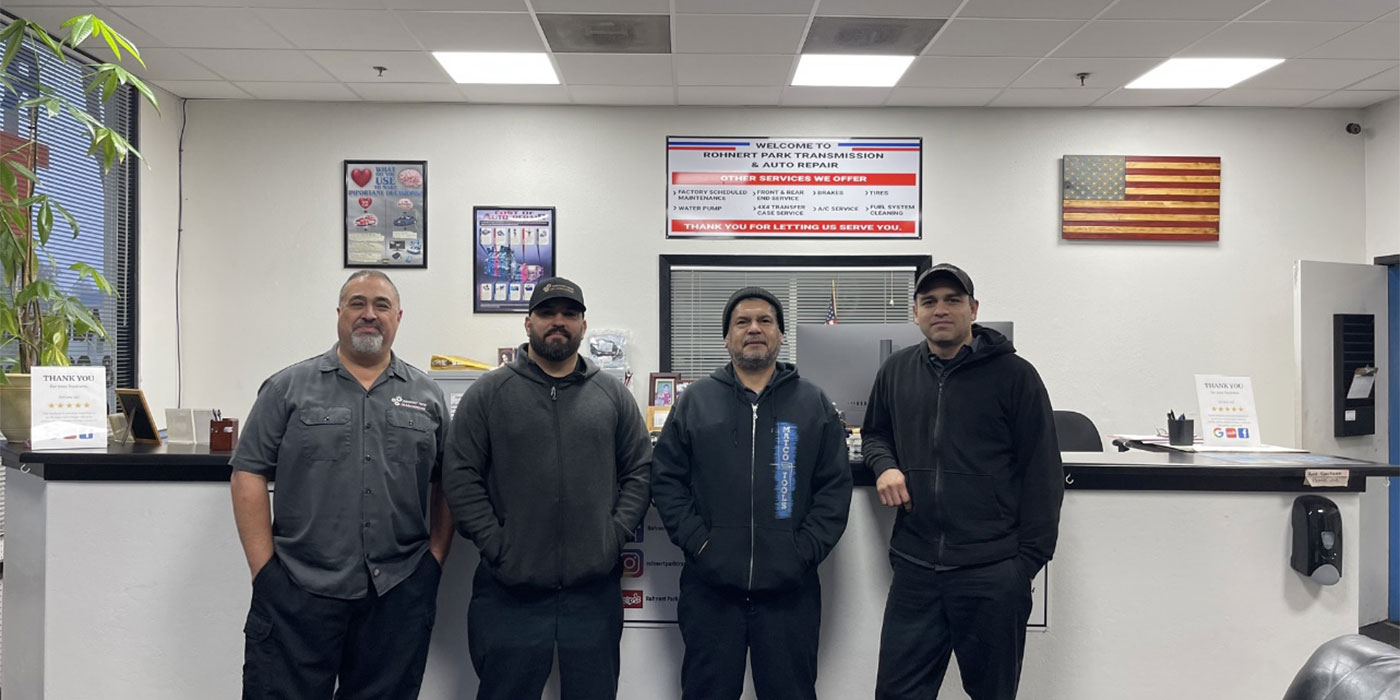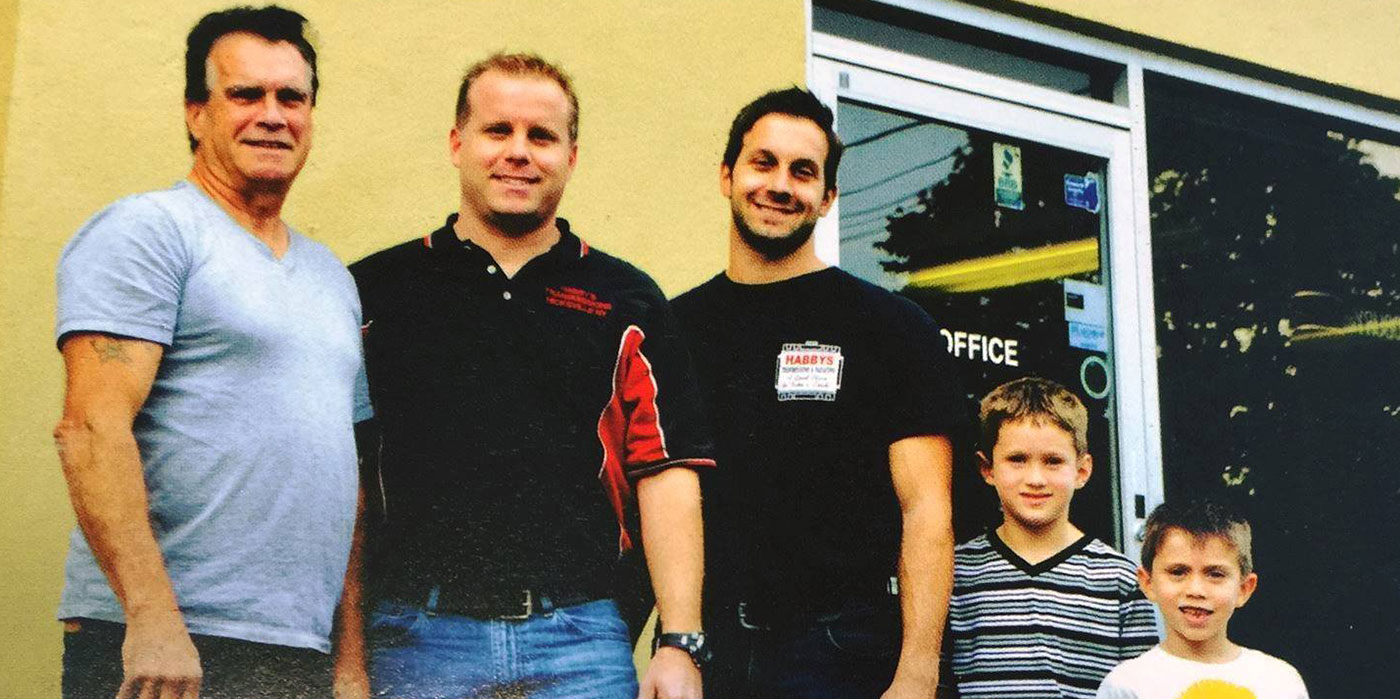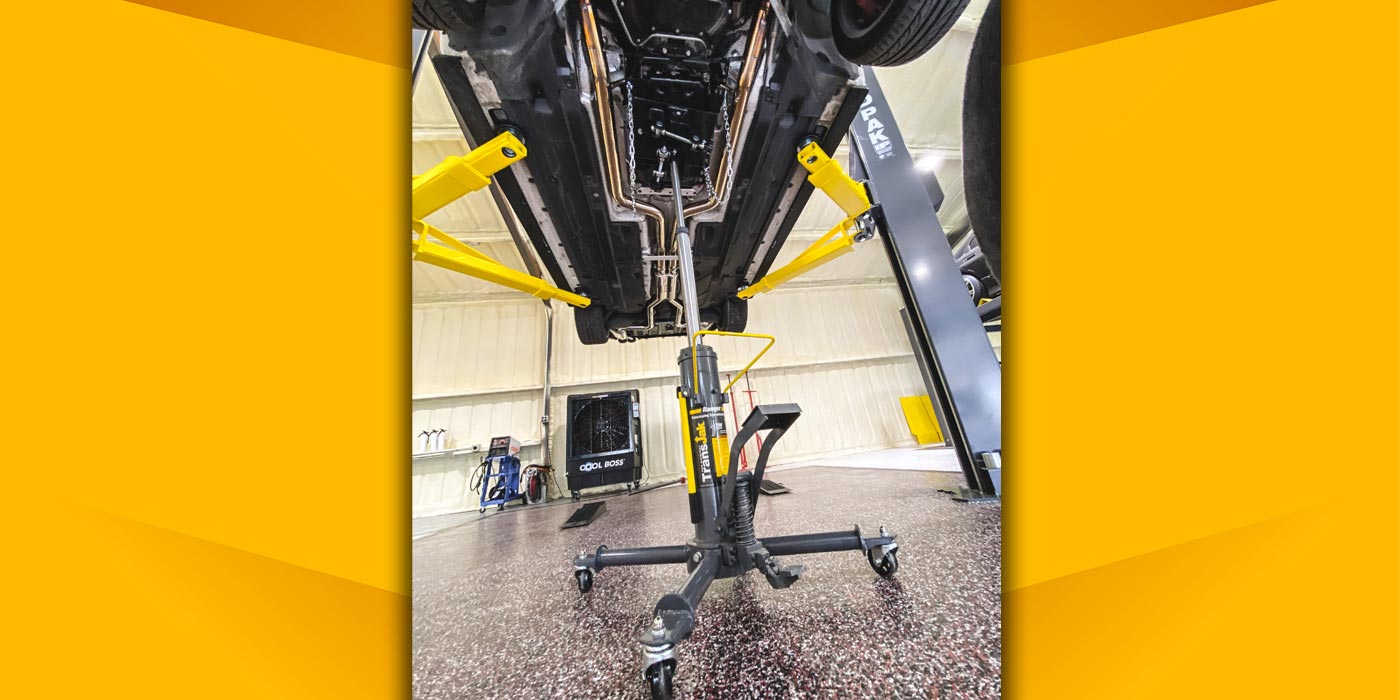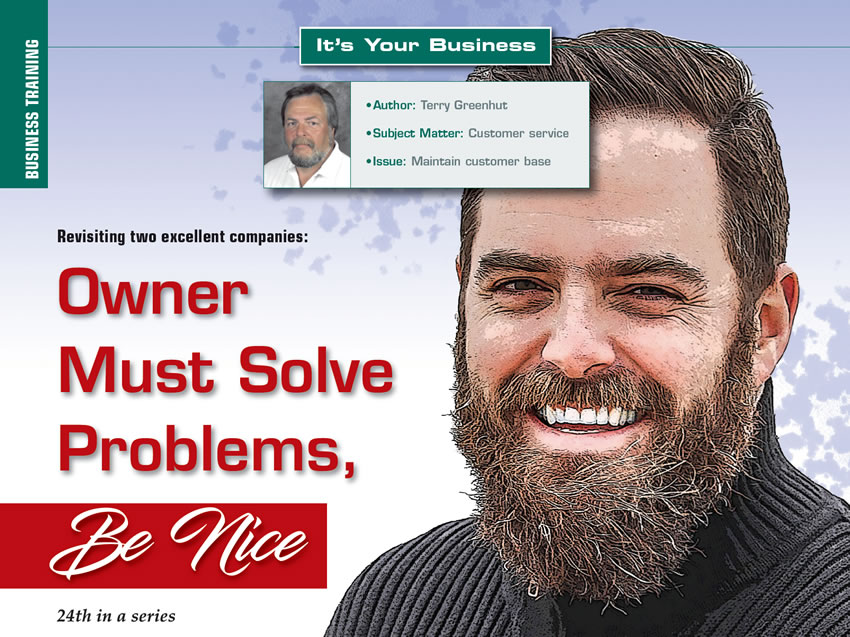
It’s Your Business
- Author: Terry Greenhut
- Subject Matter: Customer service
- Issue: Maintain customer base
24th in a series
Except maybe for me, I don’t know of anybody who enjoys bringing a car into a shop for repairs or services. I think I like it because it gives me a chance to evaluate the shop from a customer’s point of view instead of that of a consultant’s. I get to see first-hand how customers are being treated, how the facility stacks up against others, how well the problems are diagnosed and the repairs completed, and whether or not I get that warm fuzzy feeling that comes from believing that these people actually care and appreciate my business.
Tale of a tire, and a battery
In March of this year I wrote about a shop here in Dunedin, Fla., that has taken extremely good care of my family’s automobiles ever since we started to do business with them. I didn’t mention their real name or the owner’s because at that time I didn’t have the right or the permission to. That has now changed since my last visit to Dick Carroll Auto Repair, so I am going to tell you another story of how and why this shop is so successful. While talking about successful shops and what I feel makes them that way, I have to mention my old friend Steve Dudden in Colorado who now has three terrific four-wheel-drive shops.
A couple of weeks ago on a trip upstate to our vacation home in The Villages, Fla., a place I call Disney World for older people because that’s the way I feel when I am there, I had a little car trouble. Once again it had to do with tires. I don’t know why but I always manage to pick up screws and nails that are pointing straight up as I run over them and puncture the tire. Anyway, it happened again. Coming out of a restaurant and starting up the car, I found the low-tire warning signal come on indicating that the left rear tire only had 11 pounds of air in it. I looked at the tire and right away spotted the problem. It was a flat-head wood screw right in the middle of the tread. Fortunately, I’ve gotten so used to tires losing air I now carry an electric compressor with me. I proceeded to put about 40 pounds of air in the tire while my wife called around trying to find a shop that would fix a flat at 4 o’clock on a Saturday afternoon. Google helped out again and found one a few miles away.
We got directions and drove to the shop. It was a tire dealer. I explained to the service writer that I had seen the screw head in the tread and thought that was the likely cause of the air leak. He took a look and agreed, said he would bring it in the shop and take care of it. Before he took the car I also mentioned that the right rear tire had a very slow leak for a long time and that I would occasionally put some air into it. Since he was going to put the car on a lift anyway I asked him to check it out.

We sat in the waiting room for about a half hour till the service writer came in and told us that he had some good news and some bad. The tire with the fast leak was easily repairable and that they were patching it. The one with the slow leak had a nail in it right at the edge of the tread near the sidewall and could not be patched. Of course he then proceeded to try to sell me a new tire, pointing out, in front of my wife, how dangerous it was to keep riding on it this way and how there was nothing to be done but replace the tire. He refused to try patching it so I told him to just leave it alone.
My wife was now getting worried and upset but she was OK once I told her that when we got home I would take it right to Dick Carroll’s shop in Dunedin. If he thought I needed a new tire I would buy one from him immediately. She agreed and before we left for home the next morning I put 40 pounds of air in that tire and away we went. The tire didn’t lose any air on the way home, but the next day, as I had promised, I brought it in for Dick and his crew to have a look at it.
Dick had a service writer working the front desk I hadn’t met before, a very pleasant and knowledgeable one as it turned out, named Thomas Vergos. We looked around the tire together and he pointed out what we both could see that looked like a small nail head but it wasn’t on the edge of the tread like I had been told at the other shop but smack in the middle of the first row of tread about 1½ inches in from the edge on a nice level flat surface. “Don’t worry about a thing,” he told me. “I’ll put a patch in it for you and it will be good as new. Why don’t you go down the street for a sandwich and I’ll have it ready when you come back?”
When I got back Dick was at the front counter himself talking to a female customer who looked to me to be in her mid 80s. She was there to pick up her car. Apparently it had been sitting for over six months with no one driving or even attempting to start it. The battery had been stone dead. Dick had sent one of the guys out with a jumper box. He got it running and brought it to the shop. Once there they tested the battery and charging system and checked for shorts. Having found none they put the battery on a long overnight charge and then load-tested it to make sure it held its charge, which it did. When the woman asked for her bill Dick said, “There isn’t any. You’ve always been a good customer and I didn’t really have to fix anything. If you have to leave the car for any length of time again please give me a call and I’ll have someone start it up every now and then to keep the battery charged.” The couple who had given the woman a ride to the shop were astonished by what they heard. They couldn’t believe that someone had done all that and wasn’t going to charge anything for it. The man immediately said, “This is the kind of customer service you just don’t see anymore. I’ll bring all my work to you in the future and tell anyone who will listen to do the same. I’m a member of the VFW (Veterans of Foreign Wars) down the street. Most of those old timers will be happy to hear a place like yours is so close by.” His wife simply said, “Amen to that.” So if you are ever in or near Dunedin, on the west coast of Florida in the Tampa Bay area and have any kind of an automotive problem, call Dick Carroll Auto Repair and you won’t have it for long.

Keep them coming back
You all know that I believe in charging good money for the work you do, but at the same time your business has to be built on the relationships you forge in your individual communities. Most shops have a customer base that lives or works within only a few miles of their location. You would have to be doing something really special to get people outside that perimeter to go out of their way to come to you; so you have to work with that limited group, and from time to time it’s a good idea to do something really nice for a customer and if others here about it so much the better.
It doesn’t hurt to be known as the nicest guy in town as long as you don’t get a reputation for being an easy target for every grifter who tries to put one over on you. Being nice doesn’t mean giving away the store. It has more to do with being available and happy to help customers out of the jams they often get into. It means saying “yes” when “no” would be an easier choice. It means opening early or staying late to help out a customer and going out of your way for people when the competition won’t.
Having a great attitude toward your customers is something that seems to be built in to the personalities of very successful shop owners and service advisers. To some it comes very naturally, others have the root of it but it needs to be enhanced by the training they receive from former bosses, trainers and consultants who have been brought in to teach the right words to say and how to say them, that keep customers happy and coming back.
To be really successful in this business you can’t see yourself as a mechanic who simply fixes cars when they have troubles. You have to be a problem solver. In every customer interaction you need to ask yourself some basic questions before proceeding. Once you have what you feel are the right answers you will know how to go forward.
Here is a question that should help you establish that baseline.
No matter what the customer is telling or asking you, what do they really want?
The answer is they want the help of an expert to solve their problem, whatever it might be, and do it nicely and with some class.
We know for example that when someone calls and immediately asks for a price what they are really asking is, “Can you help me? I’m really lost and don’t know what to ask you so price is the only thing I can think of.” We know that blurting out a number isn’t going to be the solution to their problem. It’s just going to make them say thank you and hang up. To get the result you want, you have to ascertain what they think the problem is, how long the vehicle has been doing it, and why they chose today to call which tells you how urgent the problem is to them. Then you can offer the proper way to have the car brought in and checked out.
My friend Steve Dudden in Colorado with his three very successful four-wheel-drive shops – All American 4 Wheel Drive in Littleton, Advanced 4 Wheel Drive in Castle Rock and Parker 4 Wheel Drive in Parker – always offers to check out the problem for free because one of the things he knows about customers is that they don’t mind all that much paying for the repair but they hate to pay to just have somebody say what’s wrong. He also knows that getting a car into the shop and up on a lift gives him the chance to find lots more potential services and repairs, and that quoting any kind of a price over the phone scares 80% of the customers away, putting an end to any chance he might have had to help them.
Being a friend and an adviser to your neighbors the way these two shop owners have done it goes further toward making your shop a long lasting and on-going success than any form of advertising could ever do.


